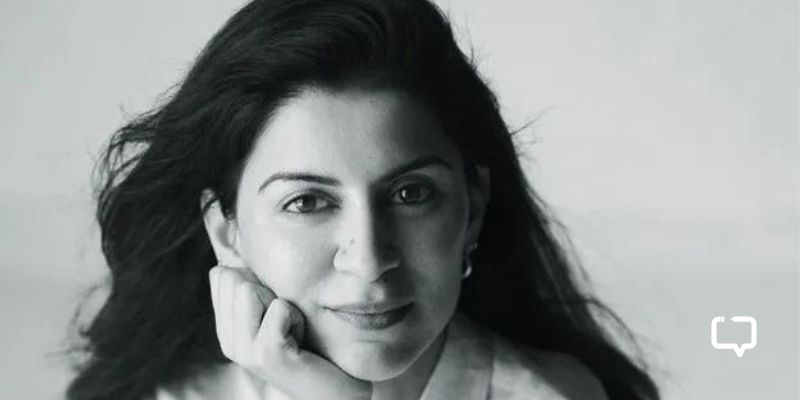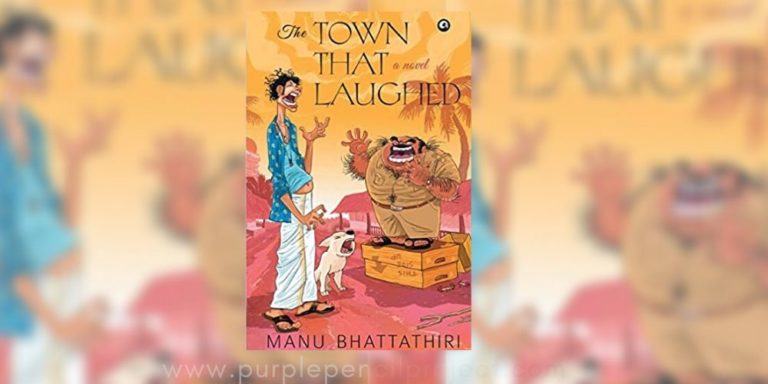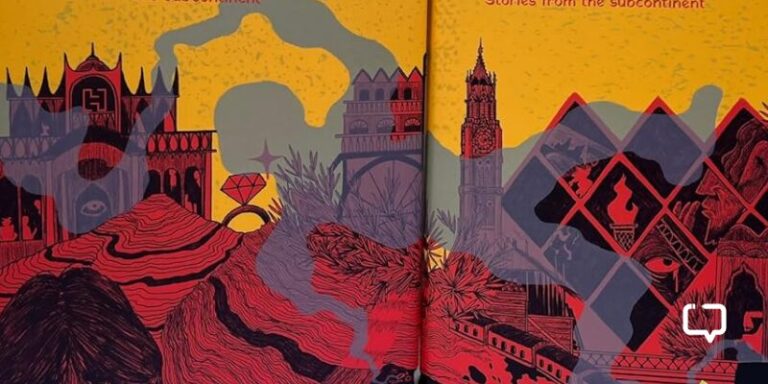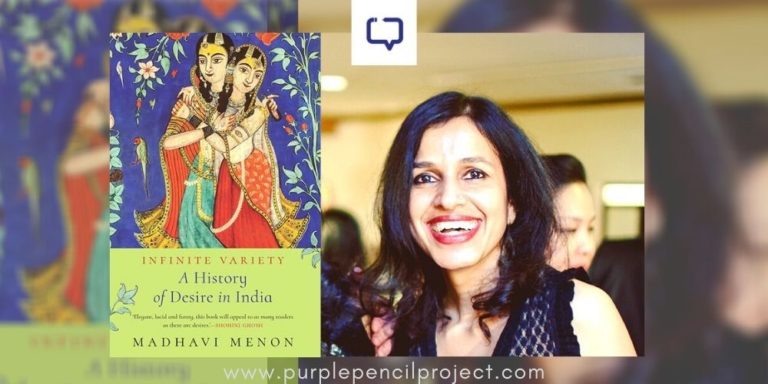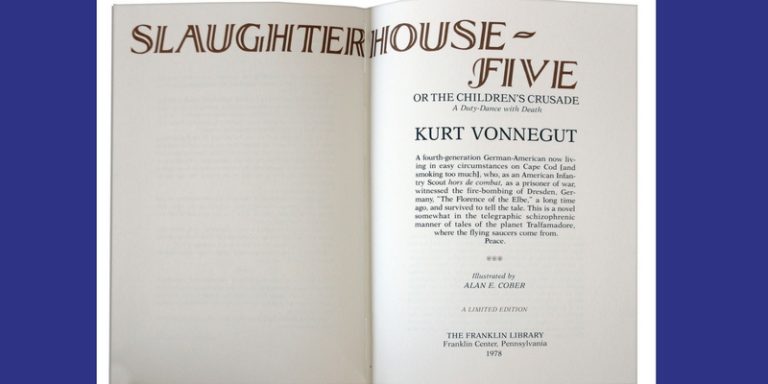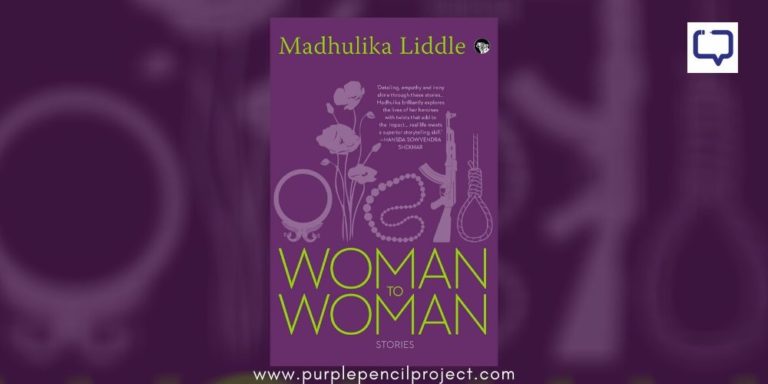Team P3 is in conversation with author and journalist Divrina Dhingra, author of The Perfume Project.
Divrina Dhingra is a journalist and has previously worked at Elle, Vogue, and Harper’s Bazaar magazines. She lives in New Delhi.

She is the author of The Perfume Project: Journeys through Indian Fragrance (Published by Westland, 2023).
Prakruti Maniar from Team P3 was in conversation with Divrina Dhingra at the Jaipur Literature Festival held early this year.
Prakruti Maniar: The concept of India’s fragrances is one of those things you may think about at the back of your head. Can you tell us about your journey to bringing that information together in your book?
Divrina Dhingra: The journey was inordinately a long one. It took me many years to do this. It was born out of my curiosity and interest in fragrance, which I study and continue to dabble in. Beyond that, it was a pleasure to travel and document what is happening with Indian fragrances. How similar or different is it now to what was happening centuries ago?
To my delight, I discovered there isn’t much of a difference in some cases. When you go to Kannauj, you see a distillation that has continuously been used for hundreds of years. It is a basic hydro distillation, but they continue to follow this tradition. They’re very, in that way, resistant to switching, but then in other parts with other ingredients, you see how much more modern it is. So it was a real pleasure to document that, to travel, to go to parts of India that I would not have done otherwise, on my own steam.
Prakruti Maniar: Scent is one of the most tangible senses. You can’t even use technology to replicate it. That’s one of the barriers, the other being food and touch, that has yet to be crossed by tech. These are such human things that stay analog. Was using words’ power to evoke scent challenging, and how did you navigate that terrain?
Divrina Dhingra: There are digital forays into trying to replicate these experiences. As humans, you experience the world through your senses. Most certainly, it is through your sense of smell, even though it’s one that we take for granted because you breathe involuntarily and smell involuntarily. To evoke that in words was sometimes a challenge.
Since I have formally studied fragrance, my vocabulary comes from the lab. The challenge was to carefully choose words to keep the vocabulary accessible for other people reading it. At the same time, there are no inherent words for descriptions of smell. You always borrow from your other senses to describe it. I did my best and hoped I could get the point across, knowing that everyone has their own experience, but you hope you can bring them to where you are.

Prakruti Maniar: Speaking about the research. My assumption is that there isn’t much literature about fragrances. There may be practices like the ones you mentioned that are still ongoing. When it comes to any historical tradition, skill, etc., writers have spoken about the lack of documentation and corroboration of sources due to the oral tradition. Did you have to rely on any secondary research, and were there difficulties with documentation?
Divrina Dhingra: No, not that much. I would not say it’s an oral tradition. There is a lot to read once you start doing the research. There are entire olfactive treatises from the 11th century and 12th century. We have a very long tradition of fragrance.
In some cases, of course, entire treatises are devoted to fragrance. I couldn’t access them, partly because much of my work was done during the pandemic. I hoped to travel more to other libraries to access primary sources, which wasn’t possible. I also wanted to go to the British Library because they would have even more sources that may not be dedicated to fragrance. Still, you always have to put in the effort to read other texts, and you may find mentions of something like fragrance.
Most texts are dedicated to statecraft or politics, which are easier to find. But within those, you always find mentions of cultural practices of the era. That’s research. Apart from the fact of the pandemic and restricted movement, many of those treatises would be in Sanskrit, Pali, or Dakini and in languages that I would not be able to access. So yes, I relied heavily on secondary sources and did a lot of reading there to get the research right.
Prakruti Maniar: It’s a book about fragrances. What is your favorite go-to fragrance? What is your smell? What is that one thing that identifies Divrina Dhingra?
Divrina Dhingra: This question comes to me often, and disappointingly, I have no one definite answer because I’m pretty agnostic. I will keep switching the fragrance. Currently, I’m not wearing anything. When I reached Jaipur, I realized that the one thing I had forgotten to pack was a fragrance. I remembered the woollens, the books I wanted to be signed, and everything else. I think that’s good.
The book creates expectations in readers, and I fail to meet them all the time. Of the six ingredients I wrote about in the book, my favourite is vetiver khus. When you’re living in Delhi and living in North India, it’s always there in the summer. You have a lot of associations with it, and that’s beautiful.
You can also watch the full interview with Divrina Dhingra on our YouTube Channel – The Purple Corner
As part of our effort to compensate our writers better, we at Purple Pencil Project have launched the #PayTheWriter initiative, where readers can directly show support and appreciation for our wonderful team.
Scan or upload this image on your UPI app, and show them the love 😀









